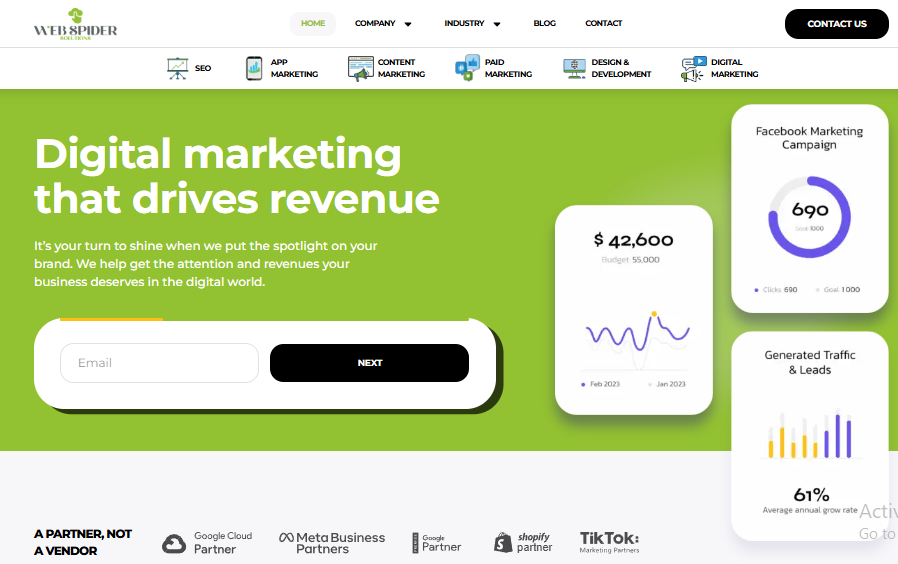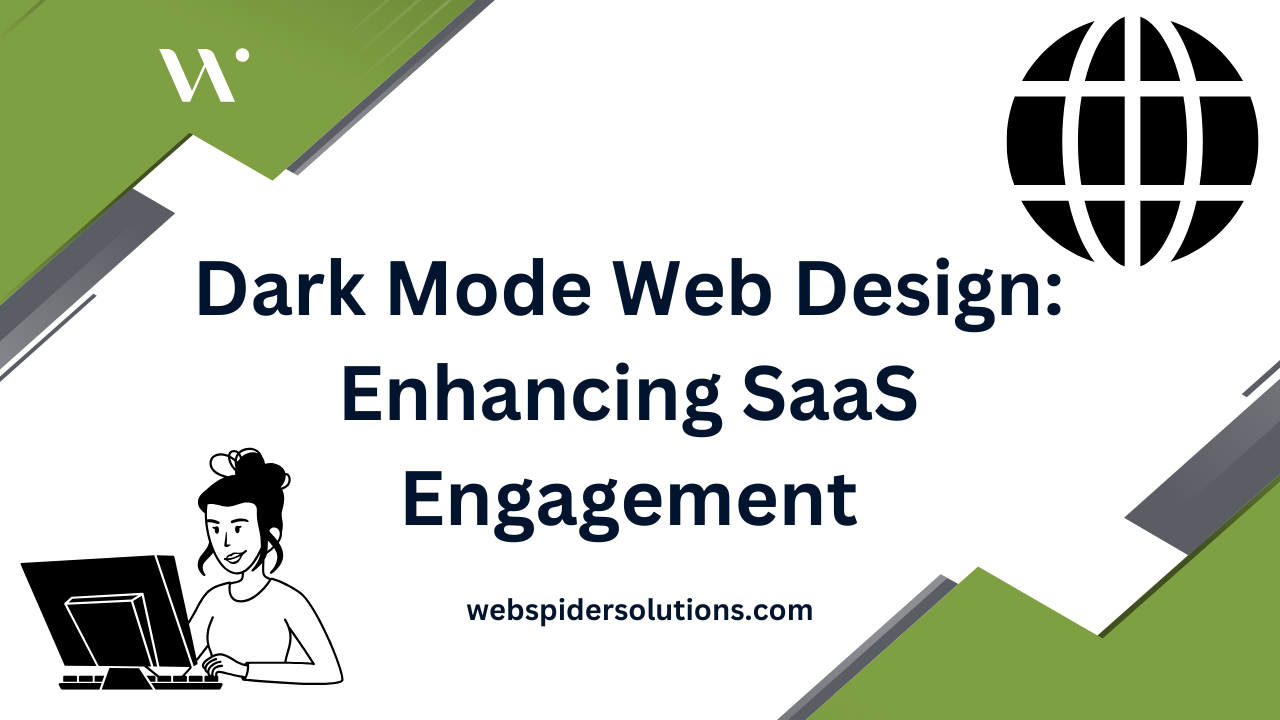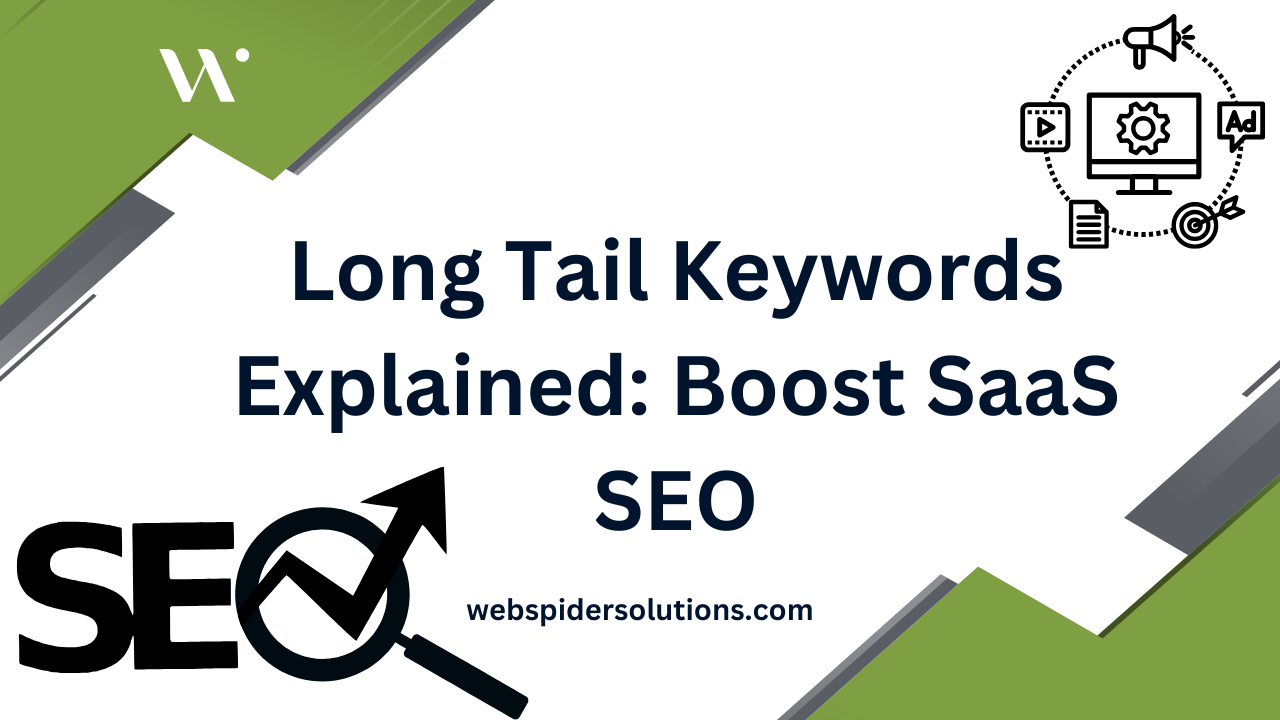Search marketing has changed everything about how businesses get noticed online. Over 90 percent of all online experiences now start with a search engine query. Most people think it is all about keywords and ads popping up when you Google something, but that barely scratches the surface. What is happening behind the scenes today is way more advanced. The real story is how search engines are using artificial intelligence to predict what you want before you even finish typing.
Table of Contents
- What Is Search Marketing And Its Evolution?
- Why The Future Of Search Marketing Matters For Businesses
- How Search Engines Are Changing The Game
- Key Trends Shaping The Future Of Search Marketing
- The Role Of Artificial Intelligence In Search Marketing
Quick Summary
| Takeaway | Explanation |
|---|---|
| Search marketing integrates various strategies. | It combines SEO, PPC, local search, and mobile optimization to enhance visibility. |
| Understanding user intent is crucial for success. | Knowing why users search helps create content that meets their needs effectively. |
| AI is transforming search marketing approaches. | Advanced AI technologies enable personalized user experiences and better targeting capabilities. |
| Invest in search marketing for competitive advantage. | Strategic investment improves visibility, customer engagement, and acquisition efficiency. |
| Future trends focus on user experience enhancements. | Technologies like voice search and AI-driven recommendations will shape marketing strategies moving forward. |
What is Search Marketing and Its Evolution?
Search marketing represents a comprehensive digital strategy designed to increase visibility and attract targeted website traffic through search engine platforms. At its core, this approach combines organic search optimization techniques and paid advertising methods to help businesses connect with potential customers precisely when they are searching for relevant information, products, or services.
The Genesis of Search Marketing
Originally emerging in the late 1990s with the rise of early search engines like Yahoo and AltaVista, search marketing has dramatically transformed from simple keyword insertion to a sophisticated, data-driven discipline. According to research exploring search engine decision-making processes, the field has evolved into a complex ecosystem where strategic advertising and user intent intersect.
To help readers understand the historical progression of search marketing, the following table outlines the key evolutionary stages described in the article, alongside their main characteristics and impact.
| Evolutionary Stage | Main Characteristics | Impact on Search Marketing |
|---|---|---|
| Early Keyword-Based Optimization | Focused on keyword density and placement | Limited sophistication, high manipulation |
| Introduction of Paid Search Advertising | Emergence of PPC and sponsored listings | New monetization opportunities |
| Advanced Algorithmic Targeting | Use of complex ranking algorithms and analytics | Improved accuracy & relevance |
| Integration of Machine Learning & AI | Data-driven analysis, predictive targeting | Personalization, efficiency, innovation |
Key evolutionary stages of search marketing include:
- Early keyword-based optimization strategies
- Introduction of paid search advertising
- Advanced algorithmic targeting techniques
- Integration of machine learning and predictive analytics
Understanding Modern Search Marketing Dynamics
Today, search marketing encompasses multiple interconnected strategies. Companies now recognize that successful search marketing requires a holistic approach that balances technical optimization, content quality, and strategic advertising. This means understanding not just how to rank but why users search and what content satisfies their specific needs.
Businesses can leverage search marketing through multiple channels, including:
- Organic search engine optimization (SEO)
- Pay-per-click (PPC) advertising
- Local search optimization
- Voice search strategies
- Mobile-first search approaches
By implementing comprehensive search marketing strategies, organizations can read more about targeted search terms, ultimately improving their digital visibility and connecting more effectively with their target audience.
Why the Future of Search Marketing Matters for Businesses
Search marketing has become an indispensable strategic tool for businesses seeking sustained digital growth and competitive advantage. In an increasingly digital marketplace, understanding and leveraging advanced search marketing techniques can determine whether a company thrives or merely survives.
The Digital Visibility Imperative
Modern consumers predominantly begin their purchasing journey through online search platforms. According to research on digital marketing for business growth, search engine optimization directly impacts a company’s ability to attract and engage potential customers. Businesses that invest strategically in search marketing can transform their online presence from passive to proactive.
Key reasons search marketing matters for businesses include:
- Increased online visibility and brand awareness
- Direct access to targeted customer segments
- Cost-effective customer acquisition strategies
- Measurable and trackable marketing performance
- Enhanced competitive positioning

Strategic Business Advantages
Search marketing transcends traditional advertising by providing businesses with unprecedented insights into customer behavior and preferences. By exploring advanced SEO strategies, companies can develop more precise targeting mechanisms that align with user intent.
Advanced search marketing offers businesses critical advantages:
- Real-time performance analytics
- Personalized customer engagement
- Scalable marketing approaches
- Global market reach
- Continuous optimization opportunities
The future of search marketing represents more than a technical discipline—it is a dynamic strategic framework that enables businesses to connect meaningfully with their target audiences, understand complex market dynamics, and drive sustainable growth in an increasingly digital ecosystem.
How Search Engines Are Changing the Game
Search engines are undergoing a radical transformation, evolving from simple information retrieval systems to intelligent, predictive platforms that anticipate user needs and deliver hyper-personalized experiences. This paradigm shift represents a fundamental reimagining of how digital information is discovered, consumed, and interpreted.
Artificial Intelligence and Algorithmic Evolution
Modern search engines are increasingly powered by sophisticated artificial intelligence technologies that go far beyond traditional keyword matching. According to research from the University of Massachusetts Amherst, emerging search platforms are being designed to serve AI models, fundamentally changing how information is processed and presented.
Key technological advancements driving this transformation include:
- Advanced machine learning algorithms
- Natural language processing capabilities
- Contextual understanding mechanisms
- Predictive search intelligence
- Real-time personalization technologies
The Shift from Information Retrieval to Intelligent Interaction
Search engines are no longer passive tools but active, intelligent interfaces that understand user intent with remarkable precision. By exploring AI and machine learning’s impact on search, businesses can understand how these platforms are creating more nuanced, context-aware search experiences.
Critical developments in search engine capabilities include:

- Semantic search technologies
- Voice and visual search recognition
- Cross-platform user experience integration
- Predictive content recommendations
- Dynamic result personalization
The future of search is not about finding information, but about understanding human intent and delivering precisely what users need before they even fully articulate their request.
Key Trends Shaping the Future of Search Marketing
Search marketing is rapidly transforming, driven by technological innovations and shifting user behaviors that demand more intelligent, personalized digital experiences. Understanding these emerging trends is crucial for businesses seeking to maintain competitive advantage in an increasingly complex digital landscape.
Artificial Intelligence and Predictive Technologies
Artificial intelligence is revolutionizing search marketing by enabling unprecedented levels of personalization and precision targeting. According to research from Northwestern University’s Medill School, AI-driven technologies are empowering businesses to forecast user behavior and create highly targeted marketing strategies.
Key AI-powered search marketing trends include:
- Hyper-personalized content recommendations
- Predictive search intent analysis
- Automated content optimization
- Real-time user behavior modeling
- Advanced audience segmentation
Emerging Search Experience Technologies
The future of search marketing extends beyond traditional keyword strategies, focusing instead on creating comprehensive, intuitive user experiences. By exploring current content marketing trends, businesses can understand how technological innovations are reshaping digital interaction.
Critical technological developments transforming search marketing include:
- Voice and conversational search interfaces
- Visual and augmented reality search capabilities
- Multilingual and cross-platform search integration
- Contextual and semantic search technologies
- Enhanced privacy-focused search experiences
The most successful search marketing strategies will seamlessly blend technological innovation with genuine human understanding, creating experiences that feel both intelligent and intimately personalized.
The Role of Artificial Intelligence in Search Marketing
Artificial intelligence has emerged as a transformative force in search marketing, fundamentally reshaping how businesses understand, target, and engage with their digital audiences. By leveraging advanced machine learning algorithms and predictive technologies, AI is revolutionizing the way search strategies are developed and implemented.
Intelligent Content Generation and Optimization
AI technologies are dramatically enhancing content creation and optimization processes, enabling businesses to produce more relevant, targeted, and engaging digital experiences. Machine learning algorithms can now analyze vast amounts of data to predict user intent, recommend content strategies, and optimize search performance with unprecedented precision.
Key AI-powered content optimization capabilities include:
- Automated keyword and topic research
- Dynamic content personalization
- Semantic content analysis
- Predictive performance modeling
- Real-time content adaptation
Advanced Targeting and User Experience
Beyond content generation, AI is redefining how businesses understand and interact with their target audiences. Understanding the nuances of AI-generated content allows marketers to leverage these technologies more effectively and ethically.
Critical AI applications in search marketing encompass:
To clarify the range and impact of artificial intelligence in search marketing, the following table summarizes the main AI-powered applications mentioned throughout the article and their respective benefits.
| AI Application in Search Marketing | Description | Key Benefit |
|---|---|---|
| Machine Learning Algorithms | Analyze massive datasets to detect trends | Improves targeting & predictions |
| Natural Language Processing | Understands user queries contextually | Enables semantic & voice search |
| Predictive Performance Modeling | Forecasts content and campaign effectiveness | Optimizes resource allocation |
| Automated Content Optimization | Refines content in real time based on user data | Enhances user engagement |
| Hyper-Personalized Recommendations | Delivers tailored results to each user | Increases relevance & conversion |
| Audience Segmentation | Groups users by behavior and intent | Boosts efficiency of campaigns |
| Cross-Platform Behavioral Analysis | Tracks and learns from user actions across devices | Creates seamless experiences |
- Hyper-personalized user journey mapping
- Predictive audience segmentation
- Intelligent search intent recognition
- Automated user experience optimization
- Cross-platform behavioral analysis
Artificial intelligence represents more than a technological tool—it is a strategic approach that transforms search marketing from a reactive discipline to a proactive, intelligent system capable of anticipating and meeting user needs before they are fully articulated.
Ready to Embrace the Future of Search Marketing?
As the article highlights, navigating the fast-changing world of search marketing can feel overwhelming. You are challenged by the need to adapt to AI-driven strategies, understand evolving user intent, and integrate next-generation techniques like predictive analytics. Whether you are struggling to personalize experiences at scale or unlock new growth through intelligent targeting, these shifts are redefining how success is achieved in digital marketing. If staying ahead of these trends feels like a moving target, you are not alone. Our team lives and breathes these advancements daily. Discover more expert insights on innovating with AI by visiting our Artificial Intelligence Archives.

Let us help you transform these challenges into growth opportunities. At Web Spider Solutions, we blend the latest in search optimization, AI-driven content, and strategic paid campaigns to ensure your brand leads in visibility and ROI. Don’t miss your chance to win the digital race. Schedule your free consultation today and see how our tailored solutions can propel your business forward.
Frequently Asked Questions
What is search marketing and how has it evolved?
Search marketing is a digital strategy that increases website visibility and attracts targeted traffic through search engines. It has evolved from simple keyword stuffing to a sophisticated, data-driven approach combining SEO and paid advertising.
How can businesses leverage search marketing for digital growth?
Businesses can use search marketing through multiple channels like organic SEO, PPC advertising, local search optimization, voice search strategies, and mobile-first approaches to enhance their online presence and engage potential customers.
What role does artificial intelligence play in search marketing?
AI impacts search marketing by enabling personalized content recommendations, predictive search analytics, and automated content optimization, improving the ability to target user intent and enhance user experiences.
What trends are shaping the future of search marketing?
Key trends include AI-driven predictive technologies, hyper-personalized user experiences, voice and visual search capabilities, and the integration of contextual and semantic search technologies that create more intuitive interactions for users.
Recommended











